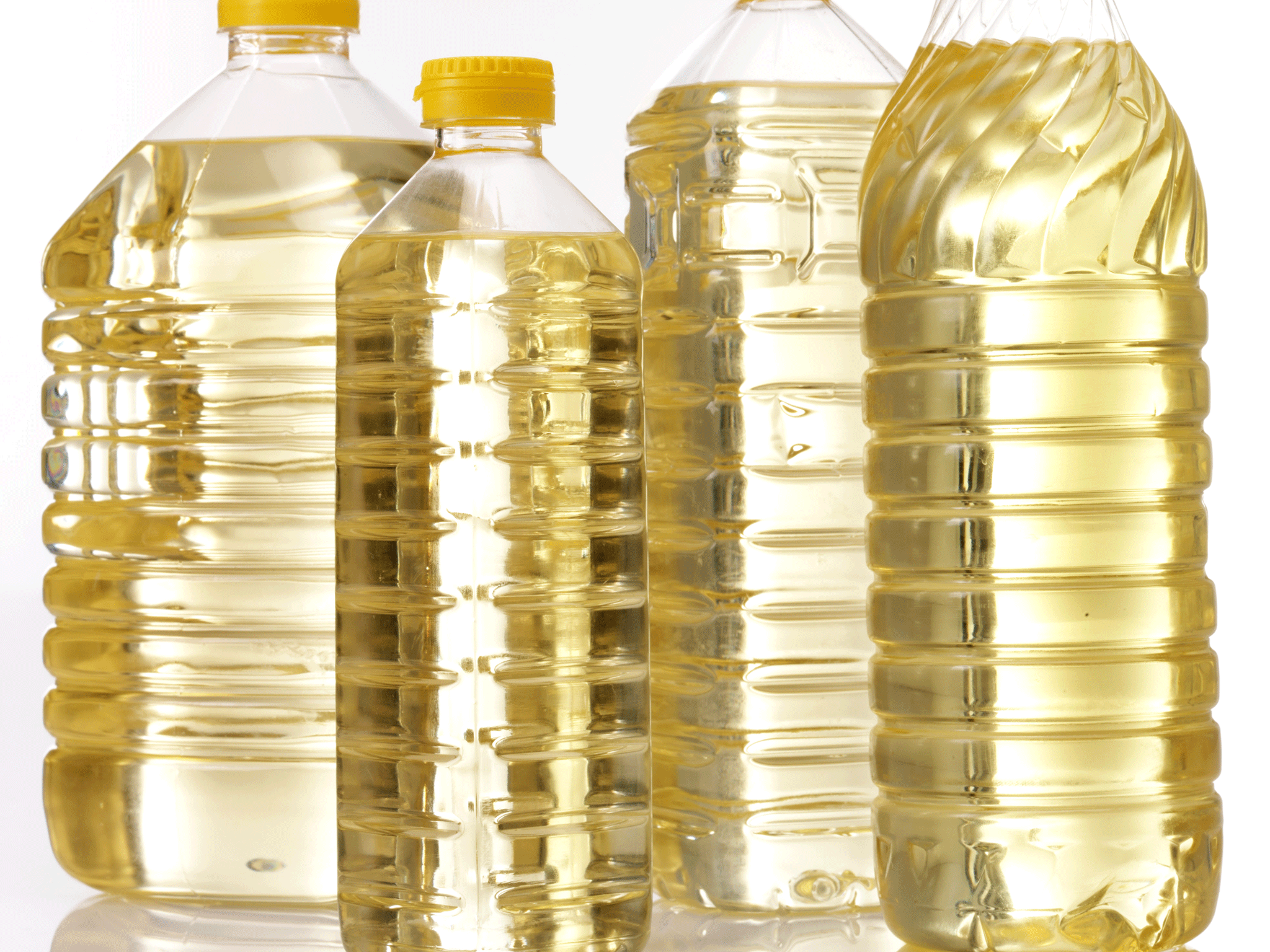Vegetable oils contain 'toxic' chemical linked to cancer and brain degeneration, say scientists
The new research contradicts advice from the NHS not to cook with butter

Your support helps us to tell the story
From reproductive rights to climate change to Big Tech, The Independent is on the ground when the story is developing. Whether it's investigating the financials of Elon Musk's pro-Trump PAC or producing our latest documentary, 'The A Word', which shines a light on the American women fighting for reproductive rights, we know how important it is to parse out the facts from the messaging.
At such a critical moment in US history, we need reporters on the ground. Your donation allows us to keep sending journalists to speak to both sides of the story.
The Independent is trusted by Americans across the entire political spectrum. And unlike many other quality news outlets, we choose not to lock Americans out of our reporting and analysis with paywalls. We believe quality journalism should be available to everyone, paid for by those who can afford it.
Your support makes all the difference.Cooking with vegetable oil releases toxic chemicals linked to cancer and even the degeneration of the brain, according to experts.
Lard, butter, coconut and olive oil are all better dietary choices, leading scientists have said - in advice which directly contradicts the NHS.
When heated, corn, sunflower, palm and soya bean oils - often called "vegetable" oils - release chemicals called aldehydes which have been linked to various cancers and neurogenerative diseases such as Alzheimer's.
Martin Grootveld, a professor of bioanalytical chemistry and chemical pathology at DeMontfort University,said that a meal fried in vegetable oil such as fish and chips contains 100 to 200 times more aldehydes than the daily limit set by the World Health Organisation (WHO), according to the Daily Telegraph.
Using butter, olive and lard in the frying pan, however, was found to produce much lower levels of aldehydes - with coconut oil coming out as healthiest.

Yet the NHS has long warned against cooking with butter and lard. The NHS choices website advises:
"Try to cut down on foods that are high in saturated fat and have smaller amounts of foods that are rich in unsaturated fat instead.
"For a healthy choice, use just a small amount of vegetable oil or reduced fat spread instead of butter, lard or ghee."
Yet vegetable oil has been linked to heart disease, cancer, inflammation, rising blood pressure and mental health.
And the omega 6 fatty acids present in vegetable oils are pushing out the important omega 3 fatty acids that keep the brain healthy, according to Professor John Stein, emeritus professor of neuroscience at Oxford University.
"If you eat too much corn oil or sunflower oil, the brain is absorbing too much omega 6, and that effectively forces out omega 3,” Prof Stein said according to the Daily Telegraph.
“I believe the lack of omega 3 is a powerful contributory factor to such problems as increasing mental health issues and other problems such as dyslexia.”
The issue had not received enough attention by health organisations or the food industry, experts added.
Olive oil, meanwhile, has been repeatedly linked to health benefits.
Join our commenting forum
Join thought-provoking conversations, follow other Independent readers and see their replies
Comments